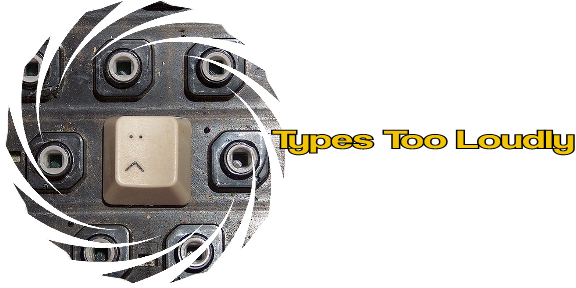In his book Interface Culture, Steven Johnson says that the hypertext link is the first truly new form of punctuation in centuries. Respond to this assertion and brainstorm what you think he might mean by this. Then, either argree with this theory, using evidence/example(s) to back it up or propose your own alternative theory about the significance of the hypertext link and provide (an) example(s) to support your theory.
Hypertext is many things but it is not a "new form of punctuation." Punctuation instructs a reader on how something ought to be read. Periods, commas, semi-colons, parenthesis, ect... are all intended to provide grammatical structure to ensure coherence is preserved. This is simply not the case with hypertext. Regardless of the presence or lack there of a hypertext link, a reader gains nothing that isn't already apparant.
If hypertext is not a form of punctuation, then what is it? If I had to categorize hypertext I would identify it alongside forms of reference next to foot and endnotes. These are optional tidbits which an author finds uneccesary but nonetheless feels the reader may at some point require additional explanation. This is exactly what is accomplished, although perhaps to an infinite extant as chains of hypertext links form, through the use of hyperlinks. Additional information is offered, but largely supplimental rather than directly relevant to how the reader ought to read.
Subscribe to:
Post Comments (Atom)


No comments:
Post a Comment